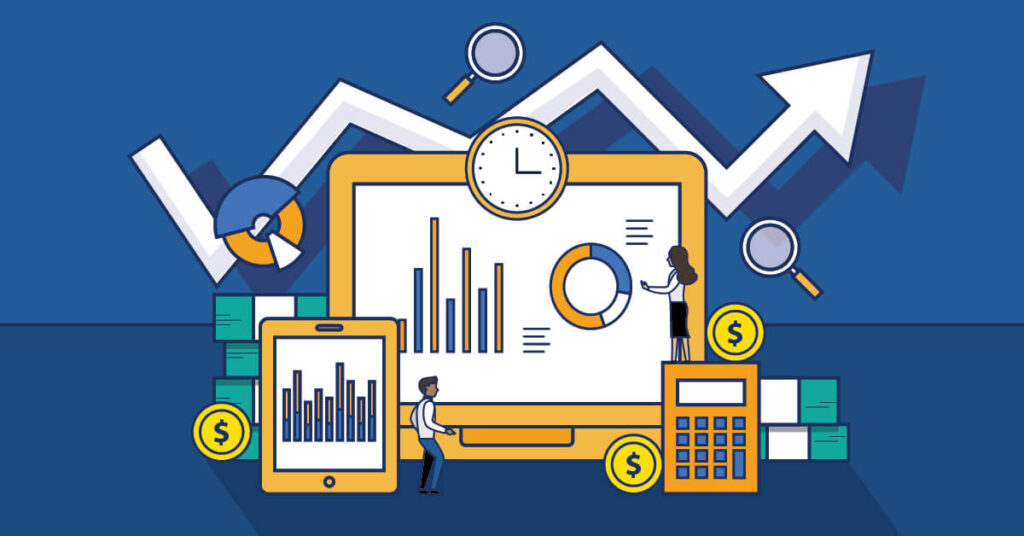Compare the various accounting software & services.
Accounting softwares exist to streamline tasks like invoicing and payroll and improves bookkeeping accuracy can transform your business by reducing errors and providing a clear financial picture. This will help you make informed decisions, such as determining funding needs and amounts.

Here is a comparison of popular accounting software & services:
- QuickBooks: Comprehensive accounting software with features for small to mid-sized businesses including invoicing, expense tracking, and payroll.
- Xero: Cloud-based accounting software with features for invoicing, expense management, and automatic bank feeds.
- Wave: Free, cloud-based accounting software for small businesses with features for invoicing, receipt scanning, and personal finance management.
- FreshBooks: Cloud-based invoicing and accounting software with time tracking, expenses, and project management features.
- Zoho Books: Accounting software with invoicing, expense tracking, and project management features for small businesses.
- Gusto: Payroll and benefits management platform with features for HR, time tracking, and employee onboarding.
- Sage 50cloud: Desktop accounting software with features for invoicing, expenses, and payroll for small to mid-sized businesses.
Choosing the right accounting software for your business will depend on factors such as the size of your business, your budget, and the specific accounting and bookkeeping tasks you need to manage.
What Is Accounting Software And How Does It Work?
Accounting software is a computer program or system used to manage and automate financial transactions and accounting processes, such as accounts payable and receivable, invoicing, and payroll. It typically includes features like:
- Data entry: Accounting software allows for easy and efficient data entry of financial transactions, such as sales and expenses.
- Reporting: The software generates financial reports, such as balance sheets and income statements, based on the data entered.
- Automation: Accounting tasks, such as invoicing and payment processing, can be automated to save time and reduce the chance of errors.
- Integration: Accounting software can integrate with other business systems, such as point-of-sale systems and online payment processors, to streamline the flow of financial data.
- Accessibility: The software can be accessed from anywhere with an internet connection, allowing for remote access to financial information.
The software works by using algorithms and database systems to process and store financial data, allowing for accurate and up-to-date financial information to be available at all times. With the ability to automate manual tasks, reduce the chance of errors, and generate financial reports, accounting software can greatly improve the efficiency and accuracy of a business’s financial operations.
Why Does Every Small Business Need Accounting Software?
It’s possible for a very small business with few expenses and little income to get by without accounting software. Tax preparation software may be sufficient to report business profit and loss on tax returns. And other tasks, like creating and tracking invoices, can be done manually.
But that creates extra work and you’re likely to make mistakes.
For the large majority of small businesses, accounting software will be essential to make sure revenues and expenses are tracked properly. Tax time will be a lot easier as well, whether you do it yourself or hire an accounting professional. The sooner you set up your accounting software, the easier it will be to track how your business is performing.
You can hire a bookkeeper or accountant to set up accounting software for you, but it’s smart to maintain control of the account so you can review information and retain the option to change accounting professionals if you choose.
